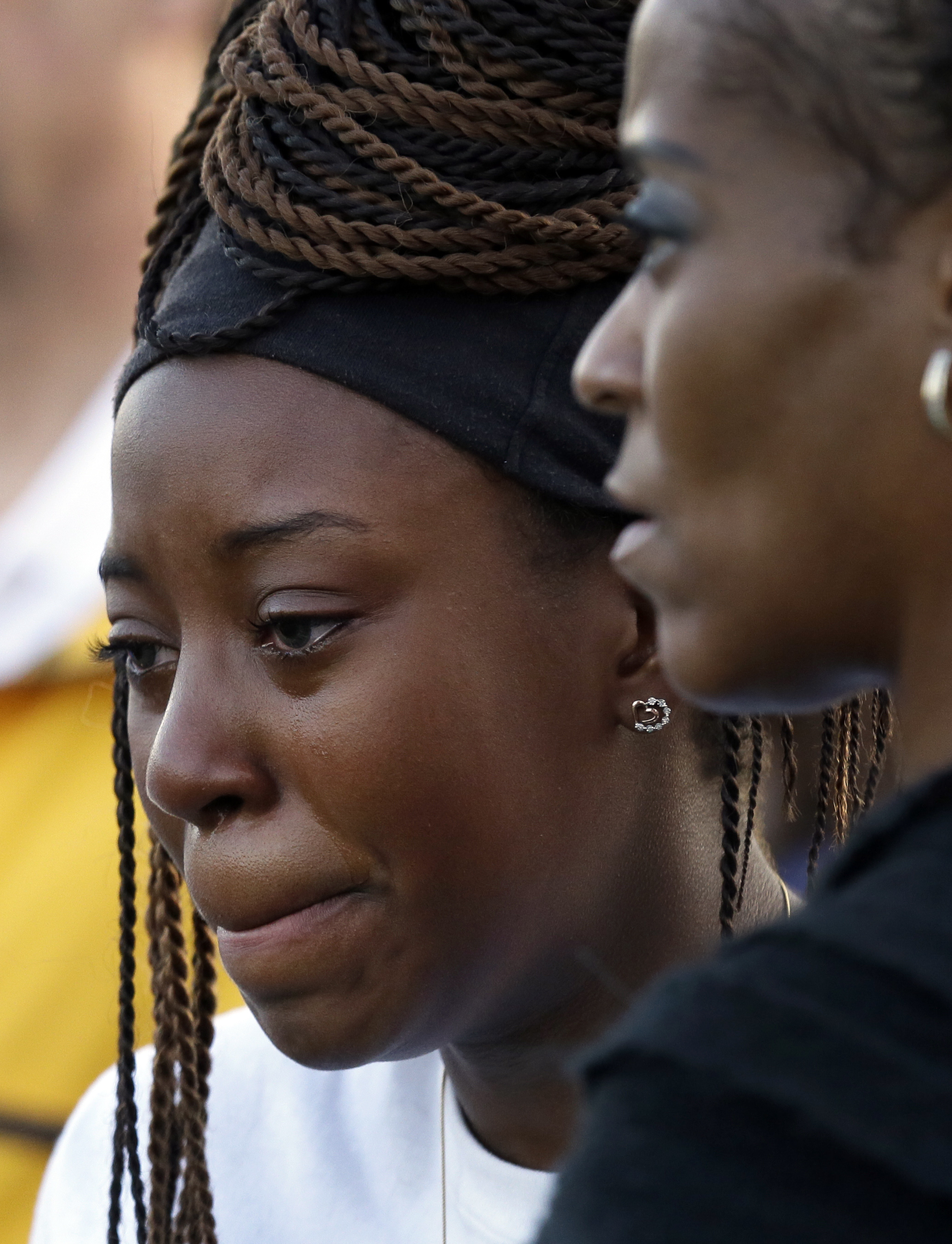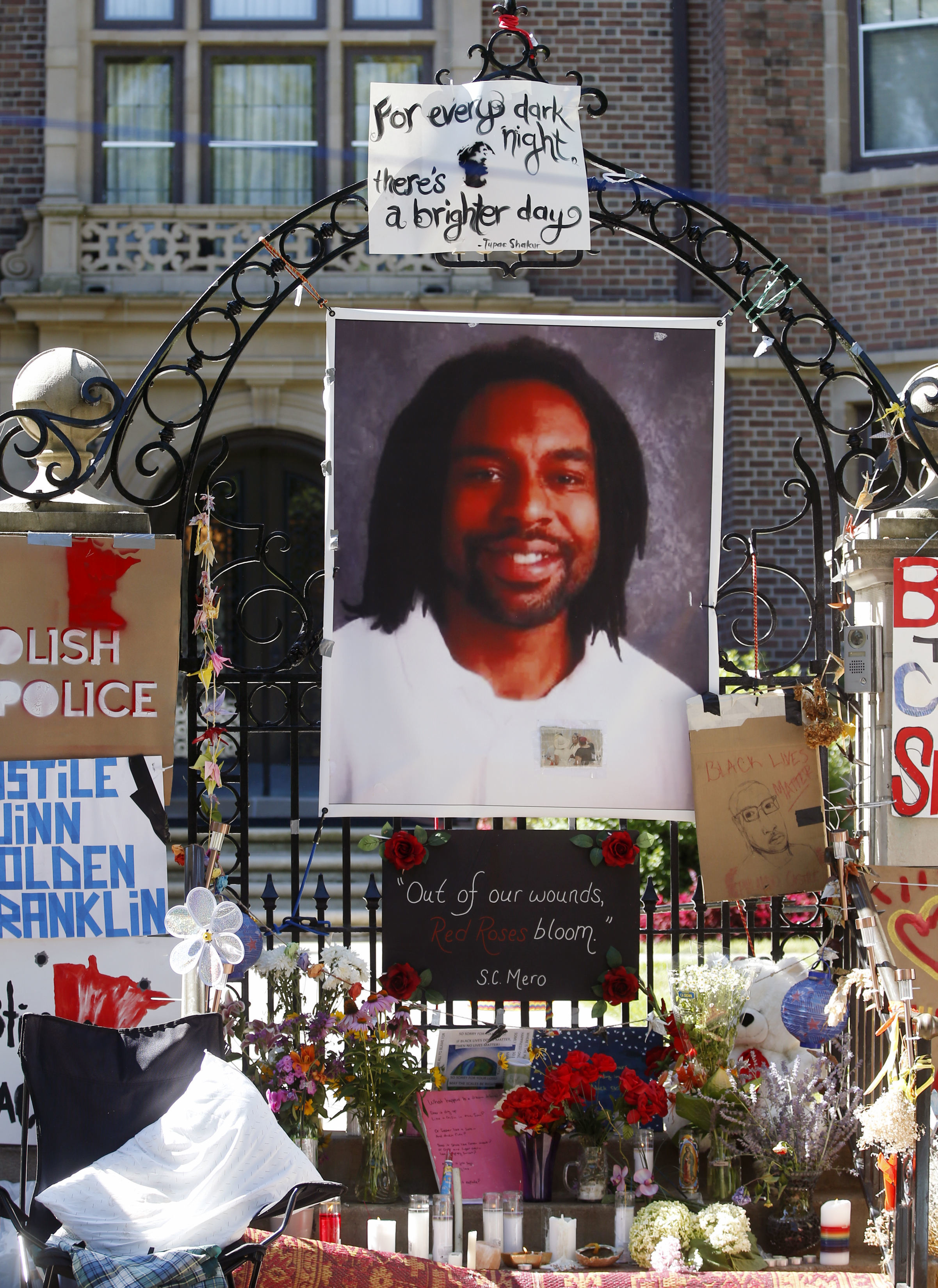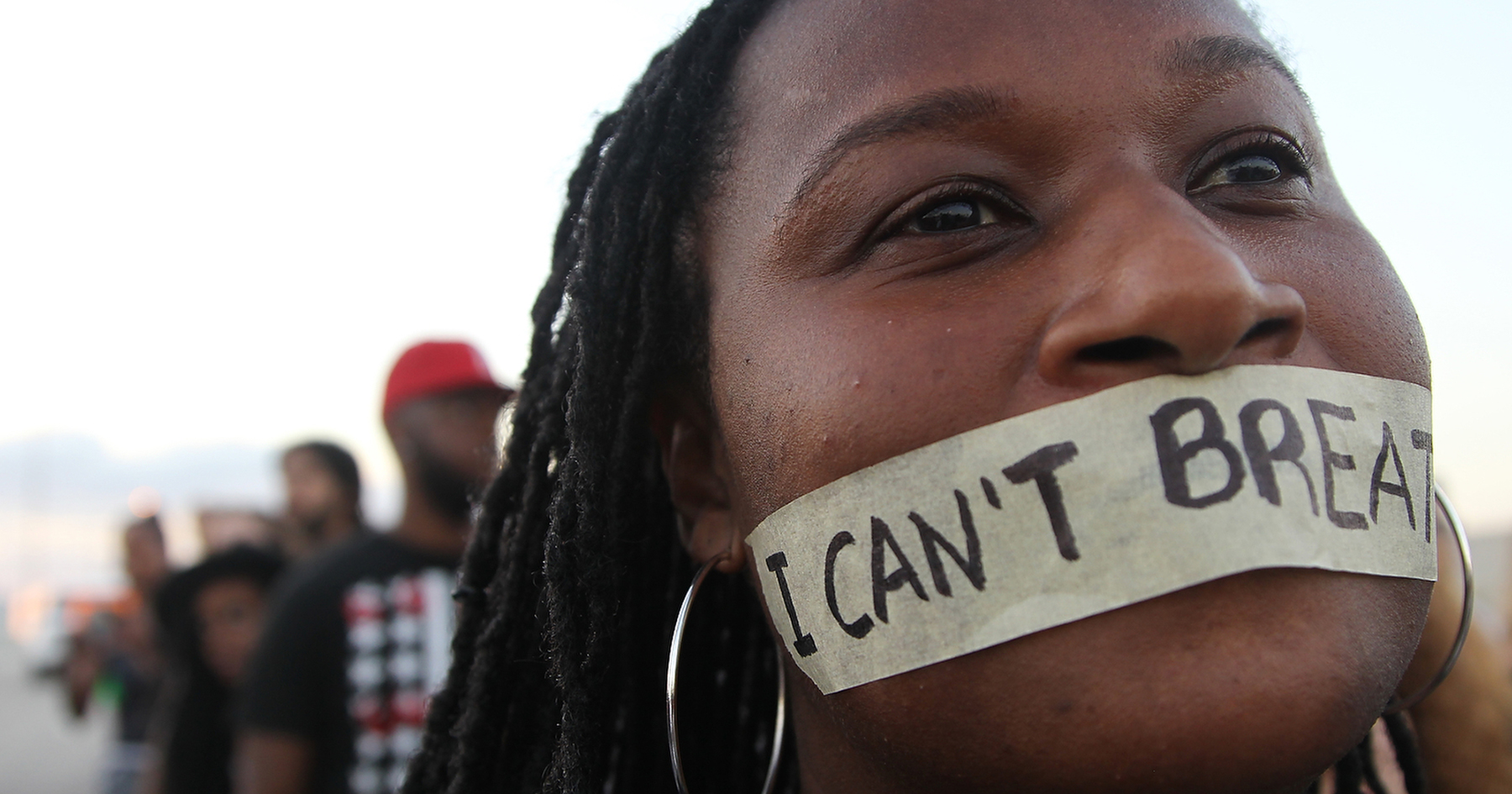How People Are Talking About the Police Killing of Jordan Edwards Completely Misses the Point

By:
The national conversation about Jordan Edwards — a black 15-year-old killed by a police officer as he left a party — often focuses on the fact he was a "straight A-student" and "talented athlete." As CNN put it, he was the "last person you'd expect to die in a police shooting." While it makes sense to talk about the life of a deceased person, there is an insidious undertone to these conversations, and not just the ones about Edwards.
 ASSOCIATED PRESS - apimages.com
ASSOCIATED PRESS - apimages.com
Edwards' death at the hands of police is tragic, but not because he was a popular honor-roll student who never got into trouble. It's tragic because he was a person who lost his life in an exceptionally avoidable way.
The unarmed freshman at Mesquite High School in Balch Springs, Texas was killed by police after leaving a house party on April 29.
By all accounts, Officer Roy Oliver fired a rifle into the car Edwards was in as he and friends left a party in Balch Springs. Initially police said the car was coming toward them "aggressively" when the shooting happened, but footage of the incident caused the police chief to walk back that claim. Oliver was fired on May 3, with Balch Springs Police Chief Jonathan Haber saying the car was actually driving away from officers when Oliver opened fire.
Society wants to investigate dead black people.
 ASSOCIATED PRESS - apimages.com
ASSOCIATED PRESS - apimages.com
The incident is seemingly being billed as more tragic than other deaths because Edwards was such a great kid. But a black person killed in a controversial police shooting shouldn't need a squeaky clean background to garner sympathy from fellow Americans, argues University of Southern California law professor and author Jody Armour.
"This is very much what the Black Lives Matter movement was cautioning against," Armour told ATTN:. "The 'politics of respectability' approach to black victims requires that a black victim be morally immaculate before he or she deserves our empathy care or concern."
In controversial police killings, the conversation often turns the backgrounds of black men.
Last July, Alton Sterling, who was shot and killed on video in Baton Rouge, Louisiana, — within 90 seconds of interacting with the police — had his criminal record dug up and publicly scrutinized.
No charges were filed against the officers and, on May 3, U.S. Attorney General Jeff Session's Justice Department said it would not pursue civil rights charges.
A day after Sterling was shot and killed, Philando Castile was also killed by police during a traffic stop in Minnesota.
 ASSOCIATED PRESS - apimages.com
ASSOCIATED PRESS - apimages.com
Castile's girlfriend live-streamed the aftermath of the shooting, but the case got even more attention when reports revealed Castile was a "quiet, kind, respectful" cafeteria worker loved by school children. The officer who shot him was charged with second-degree manslaughter.
Eric Garner was killed by a police officer in 2015, a cop on Staten Island in New York using a banned chokehold on him. Cellphone video showed that Garner told the officers he couldn't breathe 11 times before he died.
 AP Photo/The Miami Herald, Carl Juste
AP Photo/The Miami Herald, Carl Juste
Garner was selling cigarettes illegally on the corner when the officers approached him, and much of the press coverage revolved around his previous interactions with the police. A grand jury did not indict the officer who killed Garner; the Justice Department is currently reviewing the case.
Michael Brown, Walter Scott, and Freddie Gray also had their backgrounds put on display after their deaths.
Armour told ATTN: many black and white Americans believe "respectable" black people do not stand as great a threat from police shootings or brutality.
"The kind of perspective of respectability that a lot of black folks espouse as well as white folks is, 'Well, just comply, Alton Sterling, and if you're upright and you're doing what you're supposed to do you're not going to have any problems that these other bad Negroes are running into,'" he said.
A similar victim hierarchy runs into other parts of the justice system. Missing inner-city black girls in Washington, D.C., hasn't received much mainstream media attention compared to, for example, Natalee Holloway, a white suburban teenager who disappeared on a trip to Aruba in 2005. Armour said it's harder for people to have empathy for people who are different from them.
"What that means is that in the criminal justice process, which requires empathy and care and concern for victims, as in missing black girls or victims of police brutality, indifference often replaces empathy," he said.
A victim like Edwards is harder to dismiss.
"Jordan Edwards now fits into this whole political consideration because, here now we have an honors students, a 'good Negro,' a good black person who has suffered injury," Armour said. "Our hearts should go out to him, but does that mean that by implication our hearts shouldn't go out to the people who aren't honors students and who aren't as morally immaculate as he is? There's a lot of people who will read it that way."
